Structure the Chaos.
Get Results.
Business Optimization and Executive Coaching for 8-Figure Executives
"Enthusiasm is common, endurance is rare" ~ Angela Duckworth
Real Results.

"Life changing - the tools shared make the biggest difference. The sessions helps to understand areas in my life that also need attention and focus! It’s the most incredible journey and experience!"
~ A Parrington,
President
"With Jared I realized all of the structure that helped me realize success in the corporate world I had stripped away when having more freedom in my own smaller company."
~ Former Warner Brothers Executive
"The experience was one of the most compelling professional experiences I have ever had. Better than any company retreat or management book. Jared helped me get out of my own way. His method illuminated for me how I was holding my business back."
~ M. Mago
CEO
"I found the process illuminating, the pause gives me space to bring awareness to what matters most, then powers my Yes or No.."
~ Google Executive
Which Coaching is Right For You?

Executive Coaching
Executive coaching is a one-on-one process that helps senior-level executives develop their leadership skills and achieve personal and professional goals.
Executive coaching will help you:
Increase self-awareness
Improve communication and interpersonal skills
Enhance decision-making abilities
Increase confidence and motivation
Improve leadership effectiveness
Increase productivity and profitability

Business Optimization
Business optimization is the process of identifying and removing inefficiencies in the business in order to improve its organization, execution and performance.
Business Optimization will help your organization:
Increase efficiency
Improve profitability
Reduce costs
Improve customer satisfaction
Increase employee productivity
Enhance competitive position
Join the Newsletter

No blogs found
Email: info@greermethod.com
Site: www.greermethod.com
